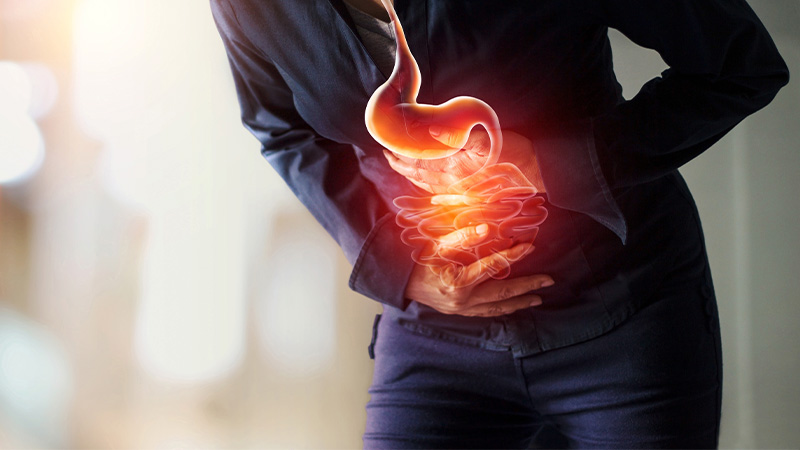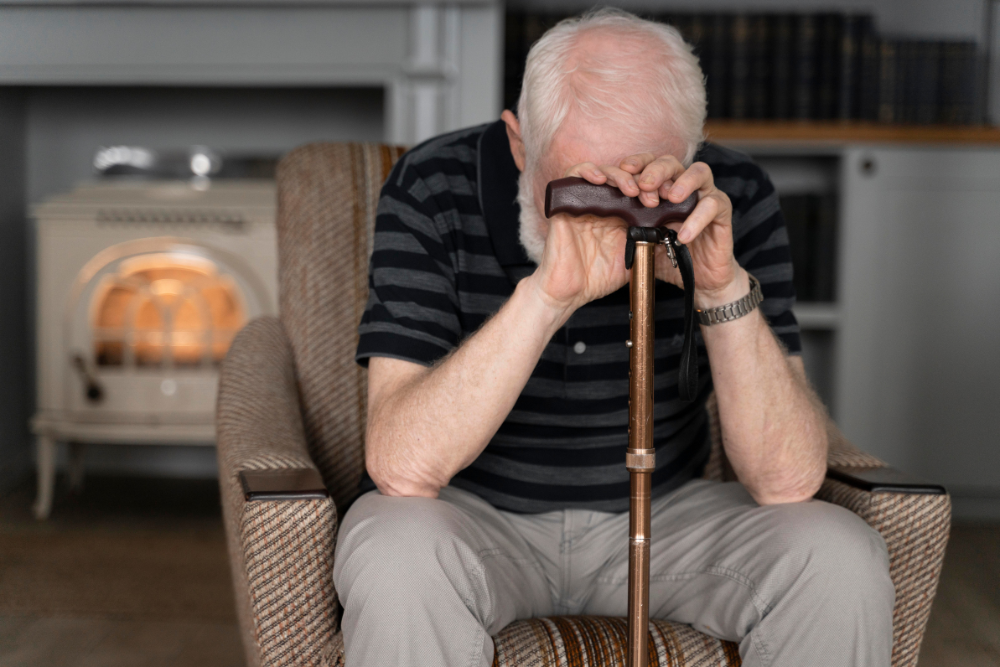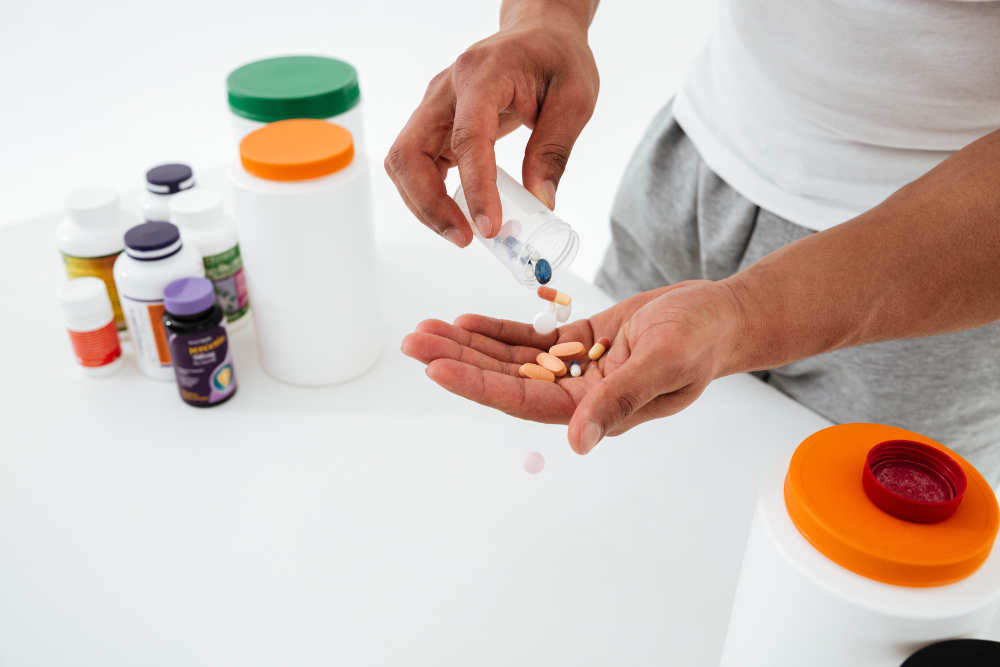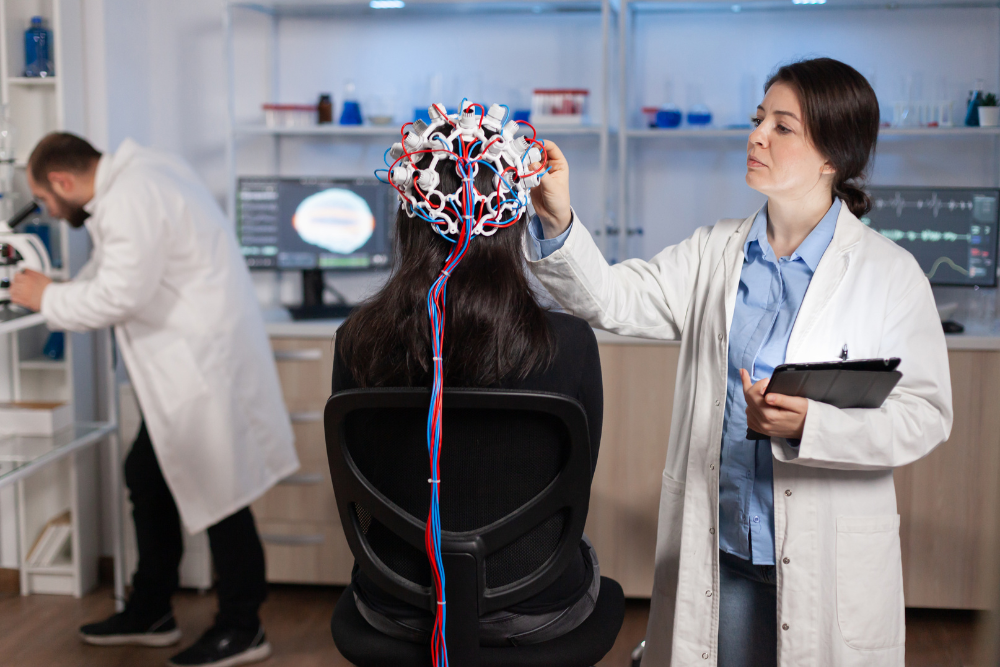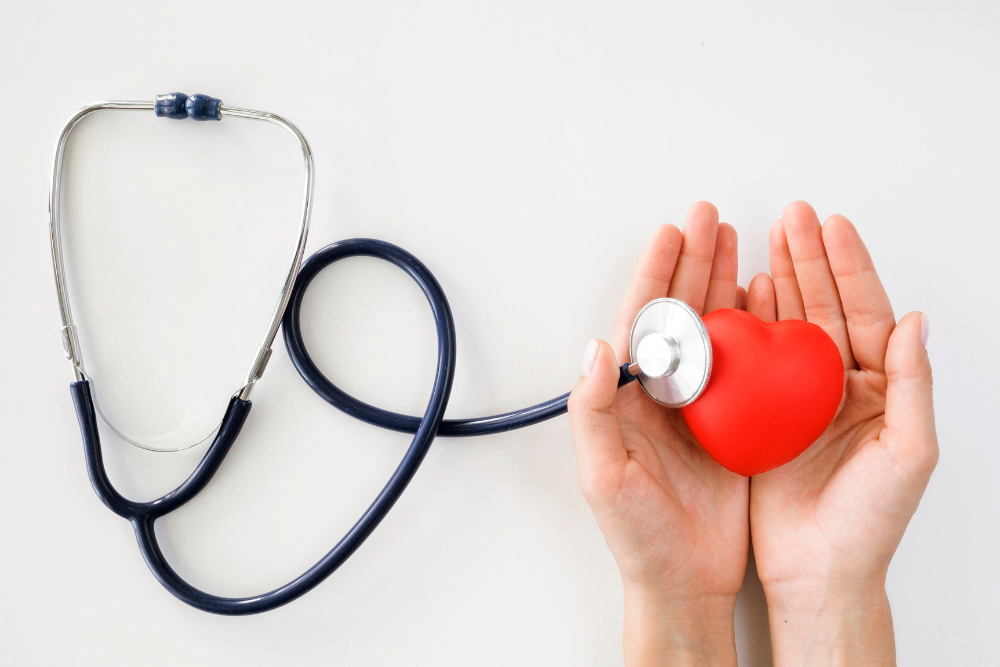Overview
Gastroenterology focuses on the diagnosis and treatment of conditions affecting your digestive system, including your esophagus, stomach, small and large intestines, liver, pancreas, and gallbladder. Whether you're experiencing occasional discomfort or managing a chronic condition, our team is here to guide you on your journey towards optimal digestive health.
Common Problems We Address
- Acid reflux and heartburn: Burning sensation in the chest and throat due to stomach acid backflow.
- Peptic ulcers: Open sores in the lining of the stomach or duodenum.
- Irritable bowel syndrome (IBS): Chronic intestinal discomfort, bloating, and altered bowel habits.
- Inflammatory bowel disease (IBD): Chronic inflammation of the digestive tract, including Crohn's disease and ulcerative colitis.
- Hepatitis: Inflammation of the liver caused by viruses, alcohol, or other factors.
- Gallstones: Hardened deposits in the gallbladder causing pain and discomfort.
- GERD (Gastroesophageal Reflux Disease): Chronic acid reflux requiring long-term management.
- Diverticulitis: Inflammation of pouches in the colon leading to pain and infection.
- And more: Our expertise extends to various other GI conditions.
Common Symptoms We Treat
- Abdominal pain, cramping, or bloating
- Heartburn, acid reflux, or indigestion
- Nausea, vomiting, or diarrhoea
- Changes in bowel habits (constipation or diarrhoea)
- Blood in stool or black stools
- Unexplained weight loss or fatigue
- Yellowing of the skin or eyes (jaundice)
- Rectal bleeding
- Difficulty swallowing
Treatment Options
We tailor treatment plans to your individual needs and the specific condition you face. Our diverse range of options includes:
- Medications: Prescription drugs to manage symptoms and control specific conditions.
- Dietary modifications: Personalized dietary guidance to optimize digestion and alleviate discomfort.
- Lifestyle changes: Recommendations for stress management, exercise, and other lifestyle adjustments to complement treatment.
- Endoscopic procedures: Minimally invasive procedures using a thin tube with a camera for diagnosis and treatment (e.g., colonoscopy, gastroscopy).
- Surgery: In specific cases, minimally invasive or traditional surgical interventions may be recommended.
When to Consult a Doctor ?
Don't delay seeking expert advice if you experience any persistent or concerning digestive symptoms. Early diagnosis and intervention can significantly improve your outcomes and prevent complications. Consult a gastroenterologist if you have:
- Any of the common symptoms listed above that last for more than a few weeks.
- Difficulty performing daily activities due to digestive discomfort.
- Unexplained changes in bowel habits or blood in stool.
- Sudden or severe abdominal pain.
- Unintentional weight loss or fatigue.
- Any concerns about digestive health or family history of GI conditions.
Call +91 98412 98412 for medical emergencies or 044 2238 2248 / +91 98848 99091 to book an appointment.
General (FAQ) For Gastroenterology
Acid reflux and heartburn are related but not identical. Acid reflux is the backward flow of stomach acid into the esophagus, causing irritation. Heartburn is a symptom of acid reflux, characterized by a burning sensation in the chest.
Lifestyle changes such as avoiding trigger foods, maintaining a healthy weight, and elevating the head of the bed can help manage acid reflux. Medications like antacids and proton pump inhibitors may also be prescribed.
Over-the-counter antacids or acid reducers like H2 blockers can provide fast relief from heartburn symptoms. Drinking water and avoiding lying down after meals may also help.
Ginger tea, chamomile tea, and non-citrus herbal teas are often soothing for heartburn. Water and low-acid juices can also help alleviate symptoms.
Peptic ulcers are mainly caused by the bacterium Helicobacter pylori or prolonged use of nonsteroidal anti-inflammatory drugs (NSAIDs). Smoking and excessive alcohol consumption can also contribute.
Yes, peptic ulcers are treatable. Treatment involves antibiotics to eradicate H. pylori, medications to reduce stomach acid, and lifestyle changes.
The exact cause of irritable bowel syndrome (IBS) is unknown, but factors like abnormal muscle contractions in the intestine, inflammation, and changes in gut bacteria may contribute.
Managing IBS involves dietary changes, stress management, medications to control symptoms, and sometimes probiotics. Treatment is individualized based on symptoms and their severity.
Inflammatory bowel disease (IBD) symptoms can be relieved with anti-inflammatory medications, immune system suppressors, and lifestyle modifications. Severe cases may require surgery.
Trigger foods for IBD vary among individuals, but common culprits include high-fiber foods, spicy foods, dairy, and certain artificial sweeteners. It's essential to identify personal triggers through trial and error.
Common signs of gallstones include abdominal pain, nausea, and jaundice. Pain often occurs after meals, particularly those high in fat.
Gallstones are often removed through surgery called cholecystectomy. Non-surgical methods like medication or shock wave therapy may be considered in certain cases.
Gastroesophageal reflux disease (GERD) is managed through lifestyle changes, medications, and in severe cases, surgery. Treatment aims to alleviate symptoms and prevent complications.
Diverticulitis is often caused by inflammation or infection of small pouches (diverticula) in the walls of the colon. Low-fiber diets and aging are common contributing factors.
While medications can dissolve certain types of gallstones, this approach is not always effective. Surgical removal, particularly through cholecystectomy, is a more common and reliable treatment for gallstones.



